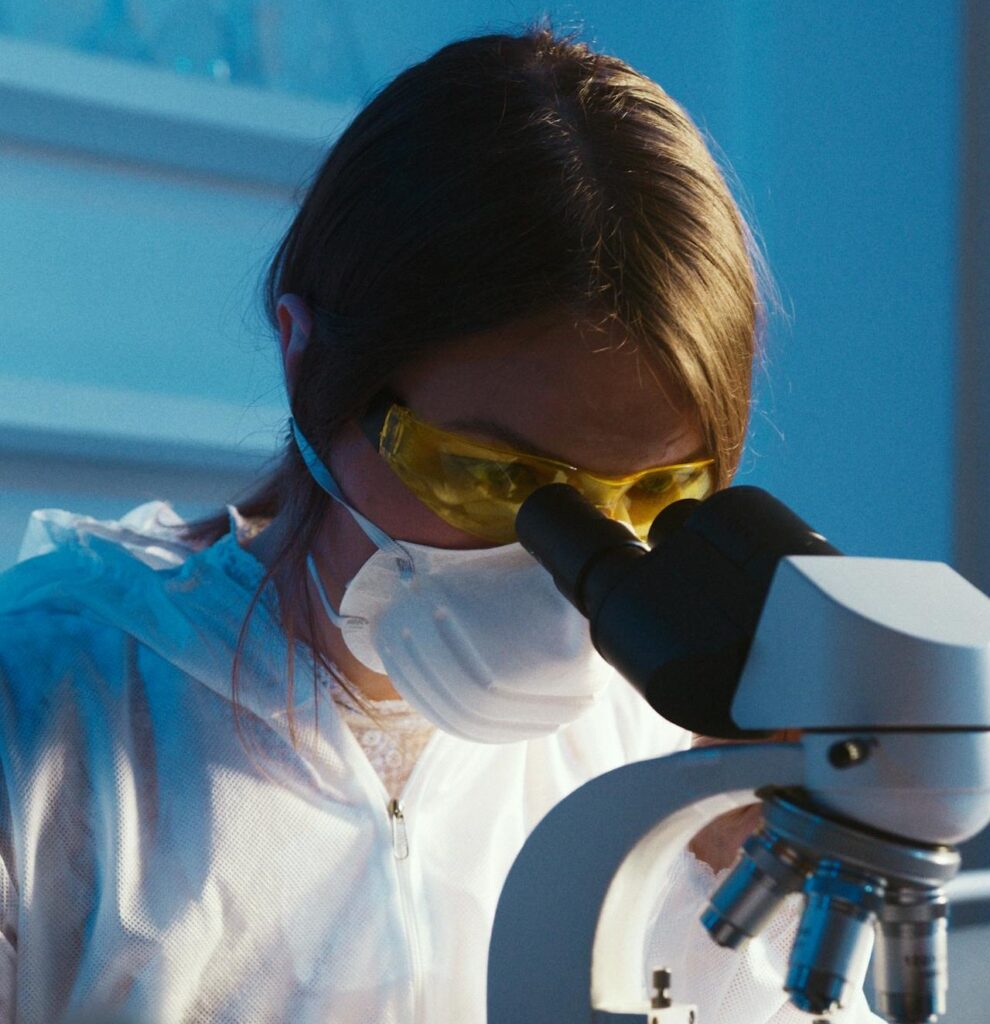Hello, aspiring explorers of the medical world! Today, let’s delve into a fascinating healthcare career path that might not be as widely known: the role of a pathology assistant. If you’re intrigued by science, have a keen eye for detail, and a passion for helping others through medicine, this could be the perfect career for you.

What is a Pathology Assistant?
A pathology assistant (PA) plays a crucial role in the field of pathology, which is the study of diseases. PAs work closely with pathologists (doctors who specialize in diagnosing diseases) and other healthcare professionals in laboratories and hospitals. Their primary responsibility is to assist pathologists in the examination, dissection, and diagnosis of tissue specimens taken from patients.
What Do Pathology Assistants Do?
Skills and Qualifications
To become a pathology assistant, you typically need:
Why Choose This Career?
Conclusion
Choosing a career as a pathology assistant can be immensely rewarding if you have a passion for science and a desire to make a difference in healthcare. It’s a career path that combines rigorous scientific study with hands-on clinical practice, providing valuable skills and knowledge that will serve you well in the medical field.
If you’re considering this path, take time to explore internships, shadow professionals in the field, and pursue relevant coursework in biology and laboratory sciences. Remember, the journey to becoming a pathology assistant requires dedication and hard work, but the impact you can have on patients’ lives makes it all worthwhile.
So, are you ready to embark on a journey into the world of pathology? Start exploring today, and who knows, you might just find your calling as a future pathology assistant!
Fill out the form below.